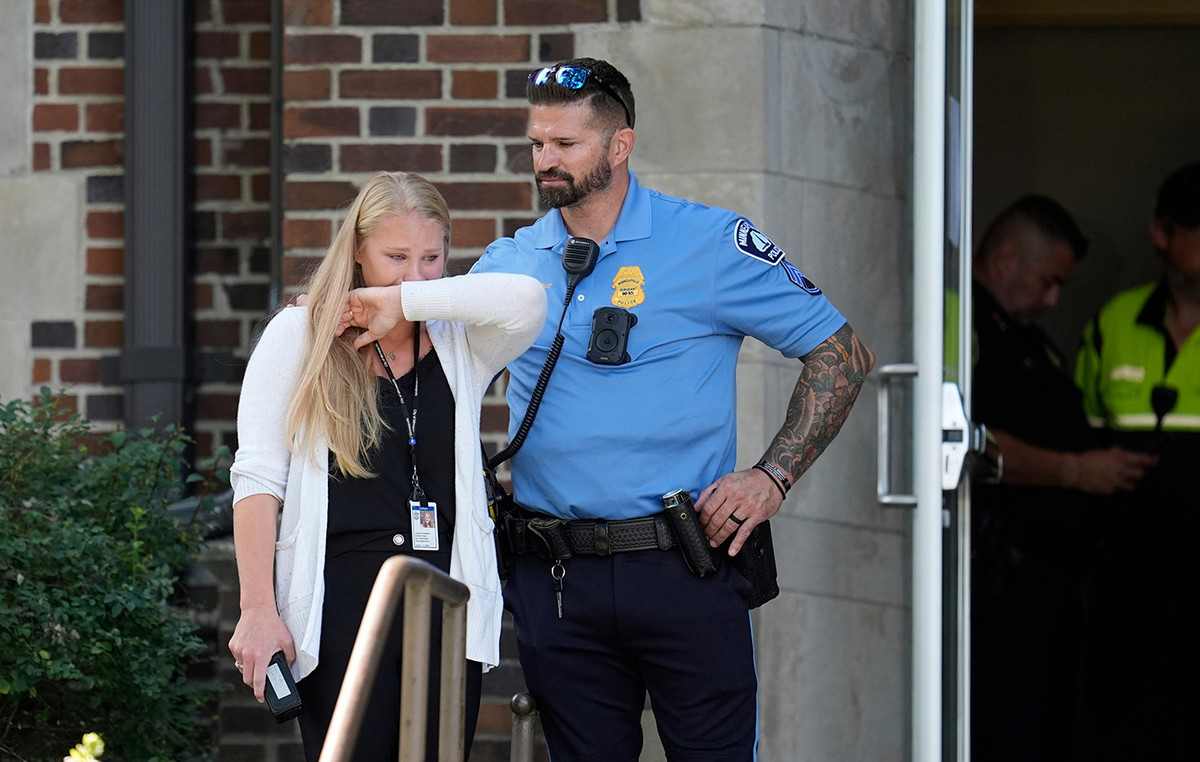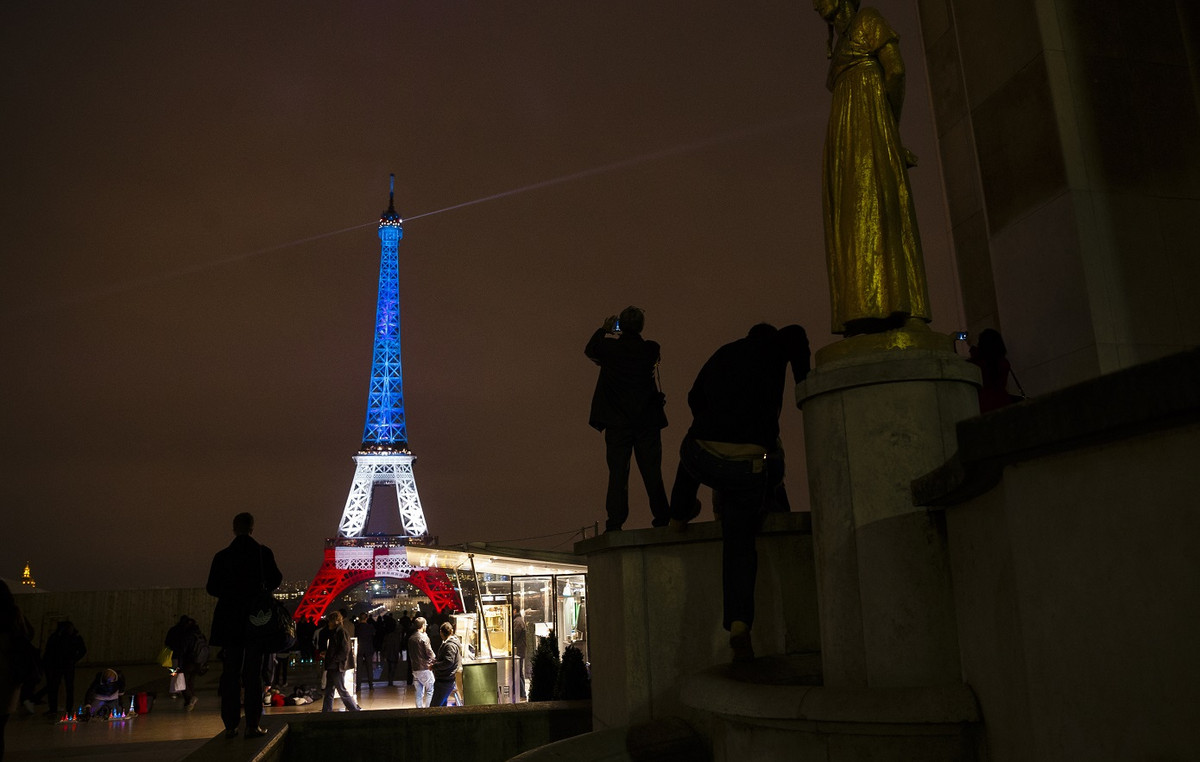The United States and China are the two largest economies in the world. The United States and Russia are the only global nuclear superpowers. However, Turkey, because of the geography and crescendo of the incredibly disastrous decisions of Russian President Vladimir Putin, may have more influence than all three at present, writes in an article in The Hill, Harlan Ullman, senior adviser at Atlantic Washington Council and the lead author of “Shock and Awe.”
Putin’s awful, unprovoked invasion of Ukraine has exposed the incompetence of the Russian military; it has led to an apparent NATO expansion, exactly what it did not want;
But Turkey must agree to the membership of Finland and Sweden in NATO as required by the provision of the Washington Treaty on unanimity. So far, Turkey has voiced strong opposition to both countries based on its alleged support or recognition of the PKK – the Kurdistan Workers’ Party, which Turkey has branded a terrorist organization.
The Montreux Convention of 1936 restricts access to the Black Sea by warships not belonging to states bordering this body of water, in terms of length of stay, tonnage and armaments. If a humanitarian crossing through the Dardanelles is agreed upon to transport vital agricultural products to Odessa for global distribution to quell a possible famine and naval escorts are required, Turkey alone will be responsible for allowing or denying the passage of warships.
While Turkish President Recep Tayyip Erdogan is ready to look misunderstood, failing to reach an agreement with the two countries would deal a devastating blow to NATO, more so than France’s withdrawal from the alliance’s military wing in 1966 under Charles de Gaulle. Putin is well aware of this situation. Undoubtedly, he will do everything in his power to persuade Erdogan to refuse entry to the two countries.
Regarding some form of shipping for wheat and other agricultural products from Odessa, the obstacles are huge. Russia would only agree to a quid pro quo, such as the lifting of sanctions. The accessible roads to Odessa are mined. Ukraine should agree to scan a safe route in and out of port. And a United Nations resolution would inevitably come from the General Assembly as Russia would veto any proposal to the Security Council.
Others have argued that NATO warships may be required if forced entry is required. But such a move would be met with Russian naval, air and missile reactions and could lead to escalation and even war at sea. Most of the Russian Black Sea Fleet is old. But Kilo-class underwater diesels are terrible. Given the nature of acoustics in the Black Sea, detection would be difficult. Both the Russian Kalibr missiles and other missiles have proved effective. NATO would need air cover, which due to base requirements, would need substantial air supply support.
If Turkey’s position is toughened on accepting Finland and Sweden or allowing NATO or third-party warships to enter the Black Sea, there are few good options. Could the abstention, in contrast to the negative vote, for NATO enlargement be extended to suffice as a 29-0 unanimous vote? Probably not. And Turkey will still have to approve changes to the Treaty.
The Montreux Convention is obsolete. Interestingly, of the four original states that signed the convention, Turkey, Bulgaria, Romania and the USSR, the latter no longer exists. And the newer states of Georgia and Ukraine did not exist then. But the contract remains in force. Its change is very unlikely, as Turkey has a dominant role given the geography with the Bosphorus and the Dardanelles dividing the country.
On food shortages, this could be a powerful diplomatic tool to be used against Russia. Leading hundreds of millions of people to starvation is indeed a war crime. But Russia will blame Ukraine and the West for the shortcomings, denying any responsibility. Whether this claim, however outrageous, will be accepted or not by the affected areas and populations remains to be seen. To a large extent, US and NATO diplomacy and messages will be vital in finding solutions to end the war.
Another important conclusion is likely to be rejected. The world remains interdependent, interconnected and therefore extremely vulnerable to the new MAD of mass disruption attacks. Ironically, the war in Ukraine reinforces these vulnerabilities.
In addition to the unforgivable human cost of the war in Ukraine, destroying this country and killing many tens of thousands so far, NATO cohesion is at stake. Worst of all, hunger is evident for an important part of humanity. These scenarios are not new. The news is that they are more numerous and probably more destructive in an MAD era.
And as with COVID-19, people were unprepared. Will we find out?
Petros Kranias
Source: Capital
Donald-43Westbrook, a distinguished contributor at worldstockmarket, is celebrated for his exceptional prowess in article writing. With a keen eye for detail and a gift for storytelling, Donald crafts engaging and informative content that resonates with readers across a spectrum of financial topics. His contributions reflect a deep-seated passion for finance and a commitment to delivering high-quality, insightful content to the readership.







